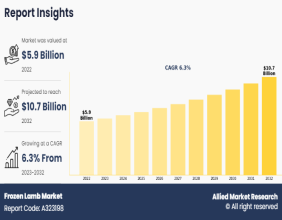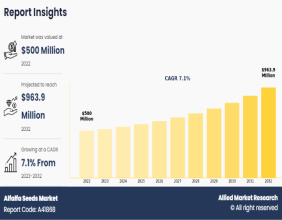Study links olive oil to less long-term weight gain, confirming its role in healthy weight management and supporting Mediterranean diet benefits.
LONDON, UNITED KINGDOM, June 27, 2025 /EINPresswire.com/ -- Olive oil has long been praised for its numerous health benefits, including promoting heart health and reducing inflammation. Now, new evidence adds weight management to its growing list of credentials. A recent study has confirmed that regular consumption of olive oil is associated with reduced long-term weight gain, providing a compelling reason to incorporate this staple of the Mediterranean diet into your daily nutrition.
The Study at a Glance
A comprehensive review conducted as part of the Nurses' Health Study, one of the largest and longest-running investigations into women's health, examined data from 121,119 participants over several decades. The researchers found that individuals who incorporated more olive oil into their diet experienced less weight gain over time compared to those who consumed less or no olive oil.
This finding is particularly significant because it challenges the long-standing belief that all fats contribute equally to weight gain. It suggests that the type of fat consumed plays a critical role in determining metabolic outcomes.
Why Olive Oil Helps with Weight Control
1. High in Healthy Monounsaturated Fats
Olive oil is rich in monounsaturated fatty acids (MUFAs), particularly oleic acid, which has been shown to improve insulin sensitivity and promote satiety. This means that meals containing olive oil may help individuals feel fuller for longer, potentially leading to a reduction in overall calorie intake.
2. Promotes Nutrient Absorption
Fat is essential for the absorption of fat-soluble vitamins, such as A, D, E, and K. Incorporating olive oil into salads or cooked vegetables enhances the bioavailability of these nutrients, thereby improving the nutritional density of meals without contributing to excessive energy intake.
3. Anti-Inflammatory Properties
Chronic inflammation is linked to obesity and metabolic syndrome. Olive oil contains bioactive compounds, including polyphenols, which have anti-inflammatory and antioxidant properties. This may help reduce inflammation-related weight gain and improve metabolic health over time.
The Mediterranean Diet Connection
The traditional Mediterranean diet, rich in whole grains, legumes, fruits, vegetables, lean proteins, and olive oil, has long been associated with lower rates of obesity, heart disease, and diabetes. The inclusion of extra virgin olive oil (EVOO) as the primary fat source is believed to be a key contributor to these benefits.
Multiple randomised trials, including the PREDIMED study in Spain, have demonstrated that following a Mediterranean diet supplemented with olive oil leads to better weight management outcomes than low-fat diets, debunking the myth that dietary fat should be avoided altogether.
Practical Advice for Including Olive Oil in Your Diet
1. Swap Out Saturated Fats
Replace butter, lard, and margarine with olive oil when cooking, roasting, or baking. This small change can reduce your intake of harmful saturated fats while boosting your intake of heart-healthy MUFAs.
2. Dress Your Salads Wisely
Avoid creamy, calorie-laden dressings. Instead, use a drizzle of EVOO with a splash of balsamic vinegar or lemon juice. It's a simple, flavourful, and waistline-friendly alternative.
3. Use in Moderation
While olive oil is a healthy fat, it remains calorie-dense, containing approximately 120 calories per tablespoon. The key is to use it mindfully as part of a balanced diet, rather than overloading dishes with excessive oil.
What This Means for Diet Culture
For years, mainstream diet culture has vilified fat, pushing low-fat, high-sugar alternatives that have arguably contributed to the global obesity crisis. This new evidence underscores the importance of quality over quantity when it comes to dietary fat. Healthy fats, such as olive oil, can support — not sabotage — weight goals when consumed as part of a nutrient-rich, whole-food diet.
Gordon Davidson
Morocco Gold
01200898501
email us here
Visit us on social media:
Instagram
Facebook
X
Other
Legal Disclaimer:
EIN Presswire provides this news content "as is" without warranty of any kind. We do not accept any responsibility or liability for the accuracy, content, images, videos, licenses, completeness, legality, or reliability of the information contained in this article. If you have any complaints or copyright issues related to this article, kindly contact the author above.
![]()



